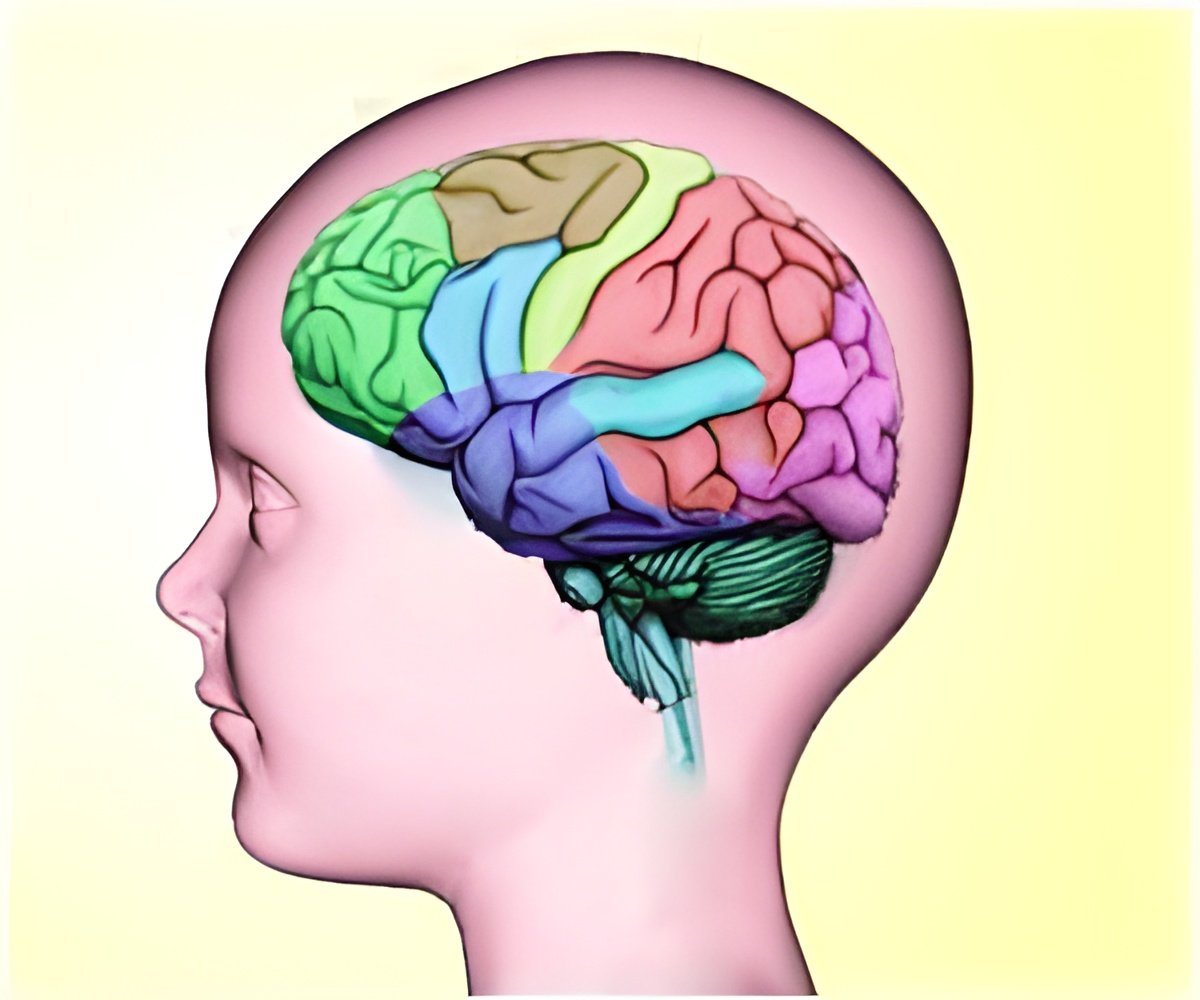A gene crucial for heart and brain development may be associated with sudden unexplained death in epilepsy (SUDEP), the most common cause of early mortality in epilepsy patients.

"SENP2 is highly present in the hippocampus, a critical brain region for seizure genesis," said Edward Yeh, M.D., chair of cardiology at MD Anderson. "Understanding the genetic basis for SUDEP is crucial given that the rate of sudden death in epilepsy patients is 20-fold that of the general population, with SUDEP the most common epilepsy-related cause of death."
Yeh's findings were published in this month's issue of Neuron.
Although it's not yet known what causes SUDEP in humans, inactivation of potassium channels genes have been linked to SUDEP in animal models. Potassium channels are found in most cell types and control a large variety of cell functions.
"These animal models demonstrated an important connection between the brain and heart. However, it remains unclear whether seizure and sudden death are two separate manifestations of potassium channel deficiency in the brain and the heart, or whether seizures predispose the heart to lethal cardiac arrhythmia," said Yeh.
The study revealed that when SENP2 was deficient in the brain, seizures activated a part of the nervous system responsible for regulating the heart's electrical system. This resulted in a phenomenon known as atrioventricular conduction block, which effectively slowed down and then stopped the heart.
Advertisement
"One of the channels, Kv7, is significantly diminished or 'closed' due to the lack of SENP2," said Yeh. "In mice this led to seizures and cardiac arrest."
Advertisement
Source-Eurekalert













